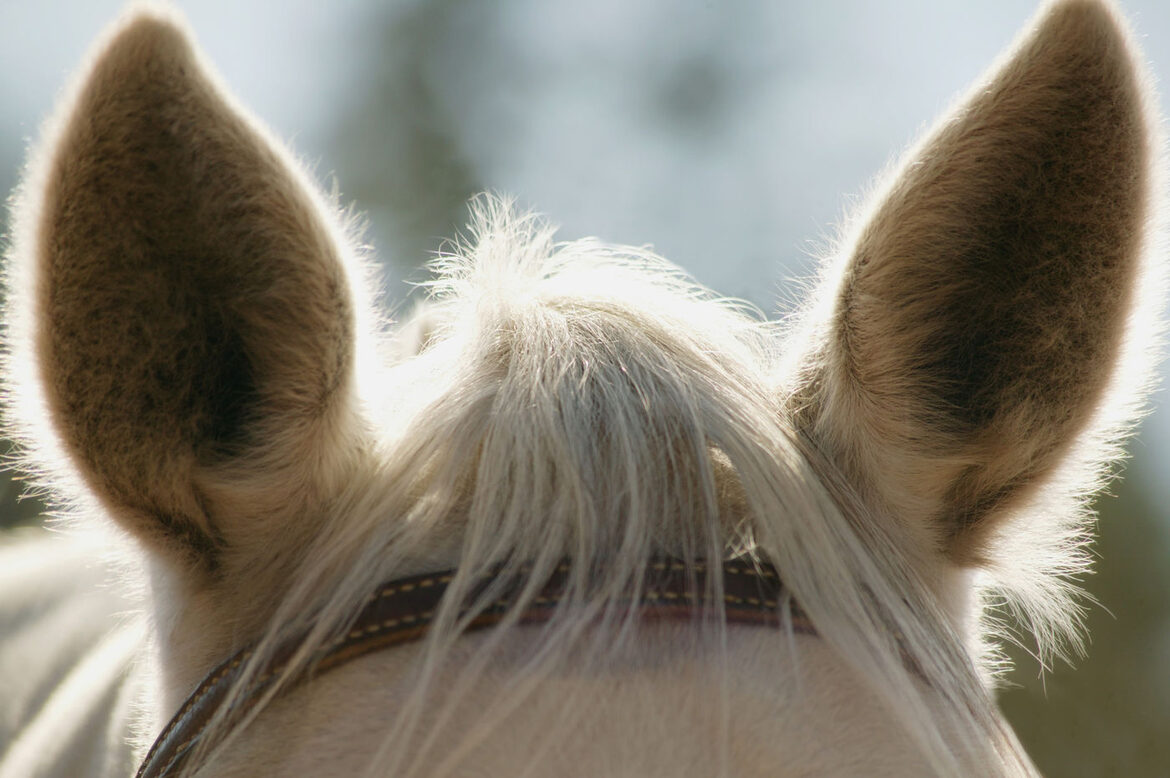Emergency Services
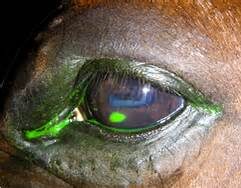
We are available for emergency services 24/7. On an occasion that Dr. Gaul or Dr. Jasmine Morrell-Bellai are not available, you may be attended by one of the veterinarians in the Trillium Equine Veterinary Services.
We utilize a live answering service that will reach either Dr. Gaul , Dr. Jasmine or the on call veterinarian. 905-854-0012 is our emergency number.
Dentistry
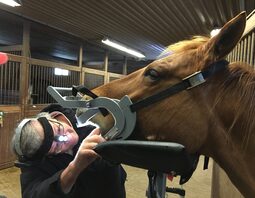
Preventative health care for the equine mouth is a very important part of health care for our horses. It needs to be addressed on a regular basis to avoid major issues that can cause pain or loss of the affected tooth. Proper routine dental care can dramatically improve the quality of life and, as well, extend the life and career of our horses. A veterinarian who is already familiar with your horses, their health matters and their feeding and management, is best equipped to provide this care.
Proper and humane dental care often requires the use of intravenous sedation, analgesics and specialized equipment for dental diagnostics and treatment. Dental care of the horse is not limited to the teeth but includes examination of the oral cavity, head, sinuses, general health and nutrition. New equipment, techniques and better tranquilizing drugs enable veterinarians to provide better dental care in a manner less stressful to the horse.
Despite the fact that dentistry is clearly defined in the Veterinarians Act as a veterinary procedure, a situation has developed in that a few unqualified and unlicensed individuals have been offering dental care to horses. They may refer to themselves as "equine dentists" or use similar designations. There is no independent profession of animal or equine dentistry; there are certainly many veterinarians who provide excellent and comprehensive equine dental care, but they are not "dentists".
Many horses are insured these days, and depending on the wording of various policies, insurance companies may legally deny claims for problems arising from procedures performed by non-veterinarians. (ref to BCVMA excerpts from statement on equine veterinarians and dentistry)
Vaccinations
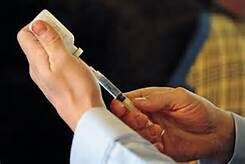
Vaccinations
Horses are routinely vaccinated against many contagious and infectious diseases that may seriously debilitate the horse, permanently impair them or cause illness requiring a long convalescence. While there are varying opinions on the internet, there is significant data to show a prudent vaccination program and herd health management will minimize risk to contagious disease.
- · Tetanus: Vaccination against tetanus is performed annually. The vaccine contains tetanus toxoid and stimulates the horse’s immune system to actively make antibodies against Clostridium tetani, a bacterium that lives in the soil. Another tetanus vaccine that is available is tetanus antitoxin. This vaccine provides antibodies against the tetanus organism and can rarely cause fatal liver disease. Always get veterinary advice prior to administering tetanus antitoxin. Horses infected with tetanus often develop a stiff, “sawhorse” stance.
- · Rabies: Vaccination against rabies is performed annually. In Canada, rabies vaccination must be performed by a licensed veterinarian. Rabies is spread to horses primarily through bites by wild animals, such as raccoons, skunks and sometimes bats. Horses infected with rabies often show signs of dysphagia (trouble eating), ataxia and increased sensitivity to the touch. They may also show signs of colic and lameness.
- · West Nile: Vaccination against this mosquito-borne viral disease is usually performed incanada annually after the initial protocol. Horses infected with West Nile virus can show signs of depression, ataxia, weakness and muscle fasiculations.
- · Influenza: Vaccination against influenza is usually performed one - two times per year, depending on risk of exposure. Influenza is spread through contact with a sick horse or through touch form humans handling sick and healthy horses or sharing of buckets and feed areas. Intramuscular and intranasal vaccines are available. The intranasal influenza vaccine has shown good efficacy in preventing disease for six months after vaccination. Horses infected with influenza often develop a fever, runny nose and cough.
- Rhinopneumonitis: Vaccination against rhinopneumonitis (equine herpes virus or EHV) is usually performed in Ontario annually depending on risk of exposue. Like infection with influenza, horses infected with rhinopneumonitis may exhibit symptoms similar to those of influenza. Pregnant mares can be at risk for abortion and booster vaccination with a killed vaccine is recommended.
- Strangles: Strangles is caused by the bacterium Streptococcus equi, and is spread by nose to nose contact, by contaminated equipment and human hands or through contaminated water sources. An intranasal strangles vaccine is available. This vaccine may rarely cause illness in the horse. ·
- Eastern and Western encephalomyelitis (sleeping sickness): Vaccination against this mosquito-borne viral disease is usually performed annually, again depending on assessed risk.Horses infected with equine encephalomyelitis often show signs of stupor, compulsive circling, hyperexcitability and, later in the course of the disease, coma and inability to rise.
- Potomac horse fever (PHF), Ask your veterinarian about the risk of this diseases in your area.
Deworming
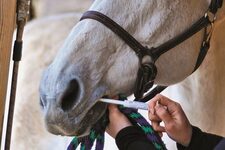
Horses are constantly exposed to internal parasites, especially if they graze on green pastures in warm climates. In southern Ontario with our winters, the exposure is more seasonally affected.Other factor can affects risk of exposure, high or low density herds on turnout, overgrazed pastures, mixing of horses with unknown deworming history. Horses are traditionally dewormed every eight to 12 weeks, and a number of effective anthelmintics are available. Many horse owners employ a rotation of ivermectin or moxidectin with fenbendazole and/or pyrantel. Horses should be dewormed at least once a year with a product effective against tapeworms (double dose pyrantal or ivermectin/praziquantal combination).
An ideal parasite control program includes a fecal egg count at least once a year.
.
.
.
.
.
